About Roxborough Memorial Hospital
Roxborough Memorial Hospital is a full service hospital accredited by The Joint Commission. The hospital has 24/7 emergency room services. They offer multiple specialty services, including a senior behavioral health unit for adults 65 and older. The behavioral health unit treats seniors with behavioral health disorders, such as addiction, as well as mental health issues.
The hospital is located in Philadelphia, Pennsylvania, and accepts insurance from most private plans. Additionally, they accept Medicare and Medicaid. The hospital is only a few miles from I-76.
Comfortable Setting for Seniors in Crisis
The historic Manayunk neighborhood and the Schuylkill River Trail are nearby, where you’ll find beautiful nature trails and a tranquil environment. The senior behavioral health unit is a secure unit for inpatient services, where the staff focuses on crisis stabilization and ongoing care.
There are group meeting spaces and comfortable patient rooms with visiting areas for family and friends. Clients have noted the supportive environment and compassionate staff. Many former clients have remarked on the quality of the mental health care and the prompt attention they were given during crisis situations.
Disorders commonly addressed on the unit include depression, disordered thinking, anxiety, grief and other mental health challenges. The staff treats many issues common to aging individuals.
Supportive Medical Services
The hospital has many medical services, including wound healing and a hyperbaric center. Senior clients dealing with substance use, diabetes or other illnesses may have chronic wounds resistant to healing. While in the behavioral health unit, you’ll have integrated medical care to address both your mental and physical health.
Hospital Residency Program
This is a teaching hospital where residents gain comprehensive medical skills. The hospital offers multiple specialties in the residency program, including geriatrics.
Residents explore the diverse nature of medicine, while patients benefit from having multiple medical personnel on their cases. Additionally, patients may feel good about contributing to a future doctor’s valuable learning experience.
Facility Overview
Latest Reviews
Rehab Score
Gallery
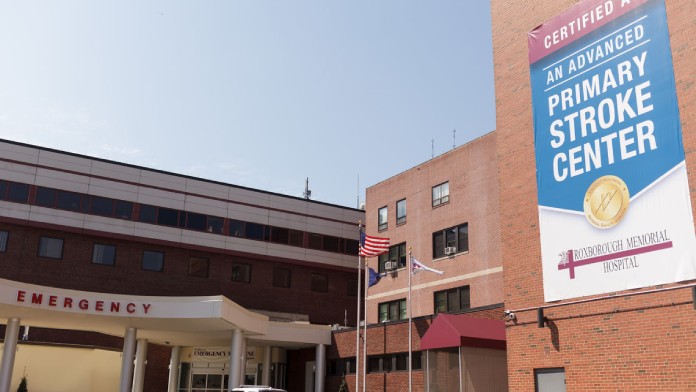
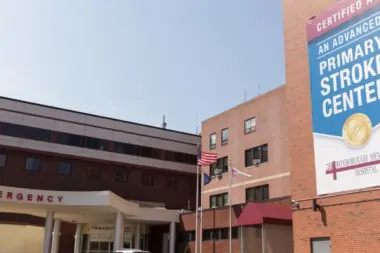
Other Forms of Payment
Private insurance refers to any kind of healthcare coverage that isn't from the state or federal government. This includes individual and family plans offered by an employer or purchased from the Insurance Marketplace. Every plan will have different requirements and out of pocket costs so be sure to get the full details before you start treatment.
Self-pay involves paying for treatment out of your own pocket. You can use savings or credit, get a personal loan, or receive help from family and friends to fund your treatment. If you don't have insurance or your insurance plan doesn't cover a specific program, self-pay can help ensure you still get the care you need.
Financial aid can take many forms. Centers may have grants or scholarships available to clients who meet eligibility requirements. Programs that receive SAMHSA grants may have financial aid available for those who need treatment as well. Grants and scholarships can help you pai for treatment without having to repay.
Medicare is a federal program that provides health insurance for those 65 and older. It also serves people under 65 with chronic and disabling health challenges. To use Medicare for addiction treatment you need to find a program that accepts Medicare and is in network with your plan. Out of pocket costs and preauthorization requirements vary, so always check with your provider.
Military members, veterans, and eligible dependents have access to specific insurance programs that help them get the care they need. TRICARE and VA insurance can help you access low cost or no cost addiction and mental health treatment. Programs that accept military insurance often have targeted treatment focused on the unique challenges military members, veterans, and their families face.
Addiction Treatments
Levels of Care
Outpatient Programs (OP) are for those seeking mental rehab or drug rehab, but who also stay at home every night. The main difference between outpatient treatment (OP) and intensive outpatient treatment (IOP) lies in the amount of hours the patient spends at the facility. Most of the time an outpatient program is designed for someone who has completed an inpatient stay and is looking to continue their growth in recovery. Outpatient is not meant to be the starting point, it is commonly referred to as aftercare.
Residential treatment programs are those that offer housing and meals in addition to substance abuse treatment. Rehab facilities that offer residential treatment allow patients to focus solely on recovery, in an environment totally separate from their lives. Some rehab centers specialize in short-term residential treatment (a few days to a week or two), while others solely provide treatment on a long-term basis (several weeks to months). Some offer both, and tailor treatment to the patient's individual requirements.
Treatments
Mental health rehabs focus on helping individuals recover from mental illnesses like bipolar disorder, clinical depression, anxiety disorders, schizophrenia, and more. Mental health professionals at these facilities are trained to understand and treat mental health issues, both in individual and group settings.
Clinical Services
Cognitive Behavioral Therapy (CBT) is a therapy modality that focuses on the relationship between one's thoughts, feelings, and behaviors. It is used to establish and allow for healthy responses to thoughts and feelings (instead of unhealthy responses, like using drugs or alcohol). CBT has been proven effective for recovering addicts of all kinds, and is used to strengthen a patient's own self-awareness and ability to self-regulate. CBT allows individuals to monitor their own emotional state, become more adept at communicating with others, and manage stress without needing to engage in substance abuse.
Dialectical Behavior Therapy (DBT) is a modified form of Cognitive Behavioral Therapy (CBT), a treatment designed to help people understand and ultimately affect the relationship between their thoughts, feelings, and behaviors. DBT is often used for individuals who struggle with self-harm behaviors, such as self-mutilation (cutting) and suicidal thoughts, urges, or attempts. It has been proven clinically effective for those who struggle with out-of-control emotions and mental health illnesses like Borderline Personality Disorder.
Experiential therapy is a form of therapy in which clients are encouraged to surface and work through subconscious issues by engaging in real-time experiences. Experiential therapy departs from traditional talk therapy by involving the body, and having clients engage in activities, movements, and physical and emotional expression. This can involve role-play or using props (which can include other people). Experiential therapy can help people process trauma, memories, and emotion quickly, deeply, and in a lasting fashion, leading to substantial and impactful healing.
Group therapy is any therapeutic work that happens in a group (not one-on-one). There are a number of different group therapy modalities, including support groups, experiential therapy, psycho-education, and more. Group therapy involves treatment as well as processing interaction between group members.
In individual therapy, a patient meets one-on-one with a trained psychologist or counselor. Therapy is a pivotal part of effective substance abuse treatment, as it often covers root causes of addiction, including challenges faced by the patient in their social, family, and work/school life.
Nicotine Replacement Therapy (NRT) is a way of getting nicotine into the bloodstream without smoking. It uses products that supply low doses of nicotine to help people stop smoking. The goal of therapy is to cut down on cravings for nicotine and ease the symptoms of nicotine withdrawal.
Nutrition therapy, aka medical nutrition therapy (MNT), is a way of treating physical, emotional, and medical conditions through diet. Specific dietary plans are designed by professional nutritionists or registered dietitians, and patients follow them in order to positively affect their physical and mental health.
Trauma therapy addresses traumatic incidents from a client's past that are likely affecting their present-day experience. Trauma is often one of the primary triggers and potential causes of addiction, and can stem from child sexual abuse, domestic violence, having a parent with a mental illness, losing one or both parents at a young age, teenage or adult sexual assault, or any number of other factors. The purpose of trauma therapy is to allow a patient to process trauma and move through and past it, with the help of trained and compassionate mental health professionals.
Staff

Sonia Mehta, MD, MBA
Corporate CMO, Prime Healthcare, Region II CEO, Chief Academic Officer
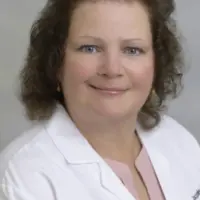
Jacqueline Pester-Babcock, MSN, RN
Regional Chief Nursing Officer, Region II
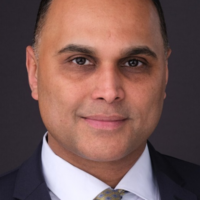
Darshan Shawn Parekh, PharmD, MHA, FACHE
CEO
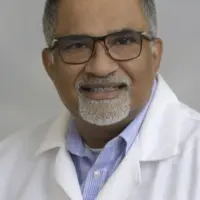
Mathew Mathew, MD
CMO
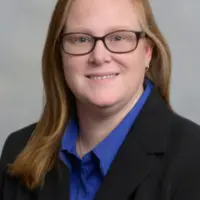
Beth Leahey, MSN, RN
Chief Nursing Officer
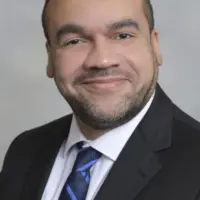
Kevin Carrion, PHR, SHRM-CP
Human Resources Director
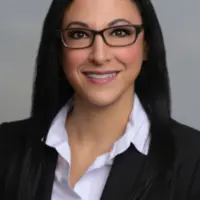
Michelle Aliprantis, MBA
Regional Director of Business Development, Marketing and Communications
Contact Information
5800 Ridge Avenue
Philadelphia, PA 19128